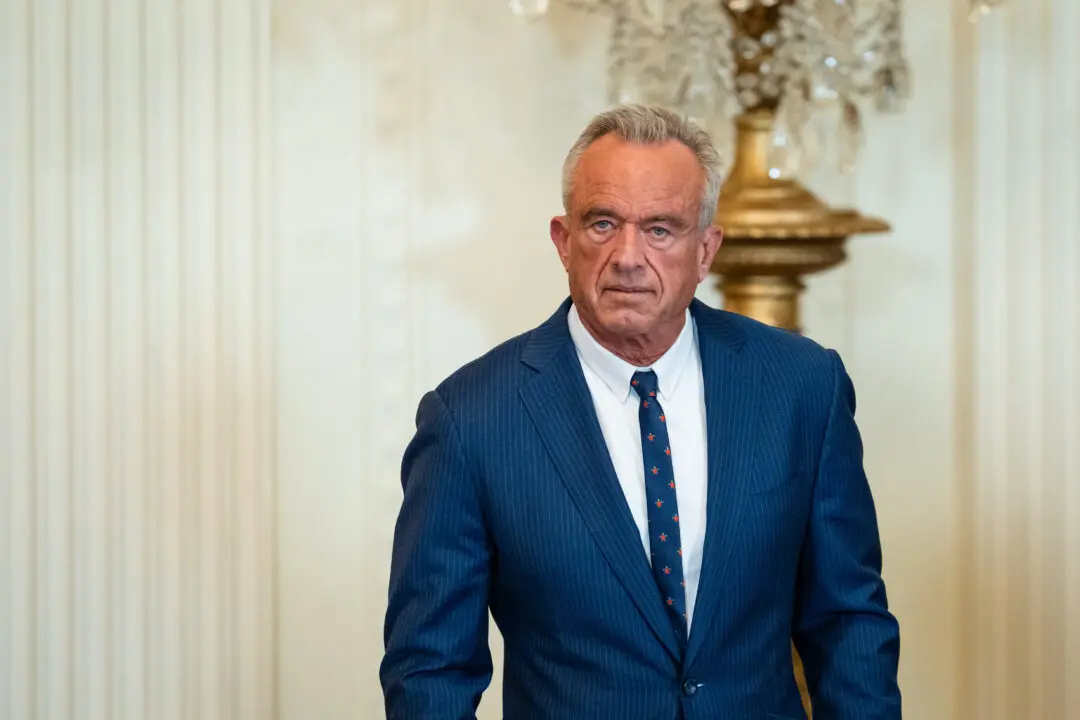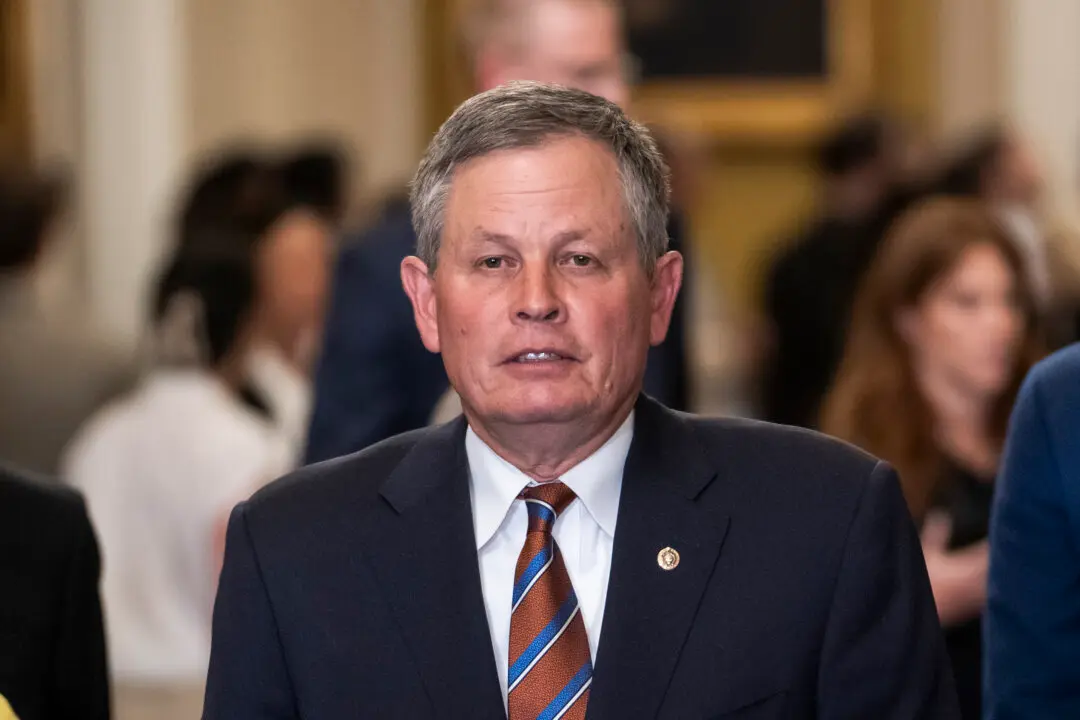President Joe Biden on Friday said the airstrikes the United States carried out in Syria this week sent a message to the Iranian regime.
“You can’t act with impunity,” he told reporters about the message while touring a facility in Houston, Texas. After a pause, he added, “Be careful.”





